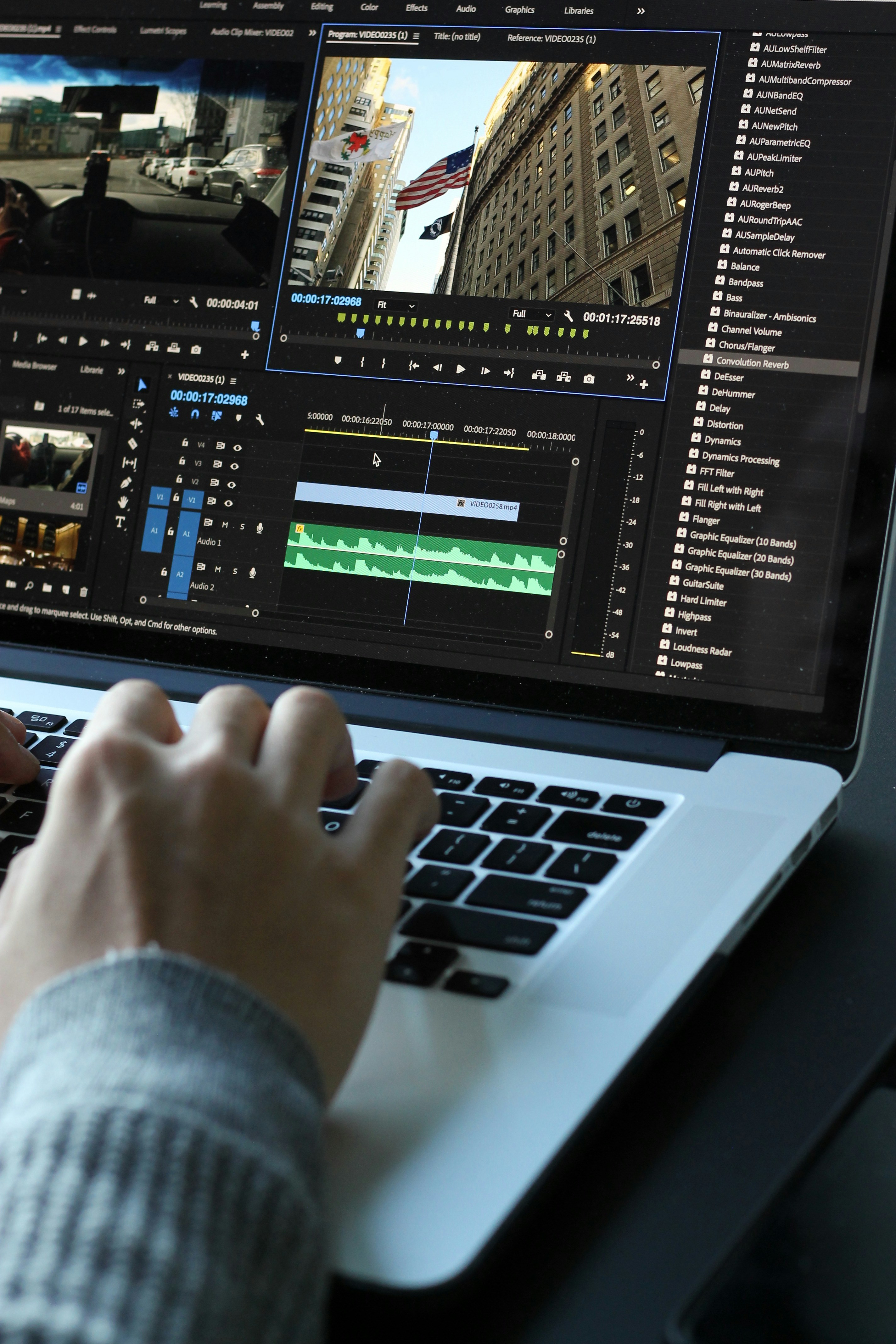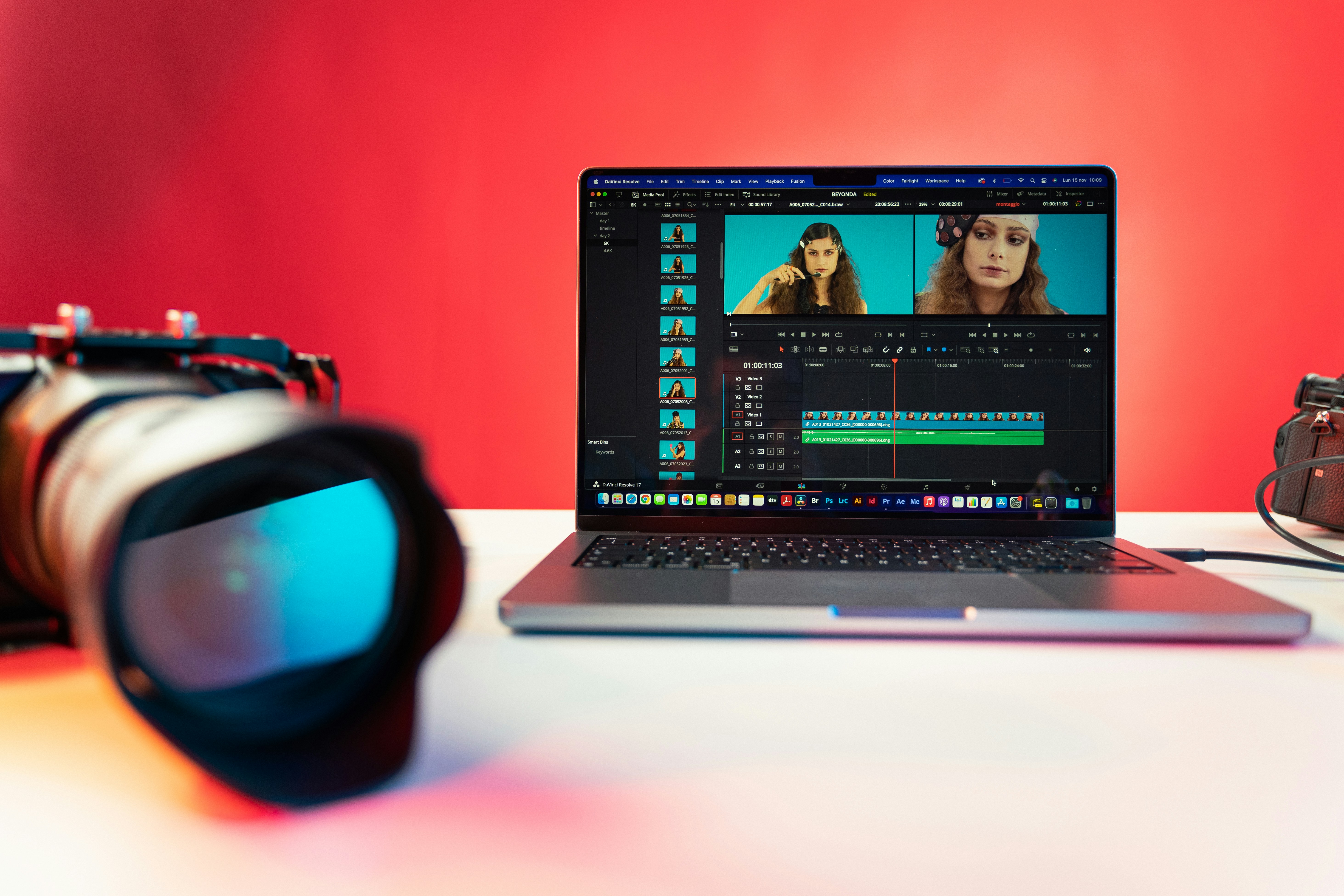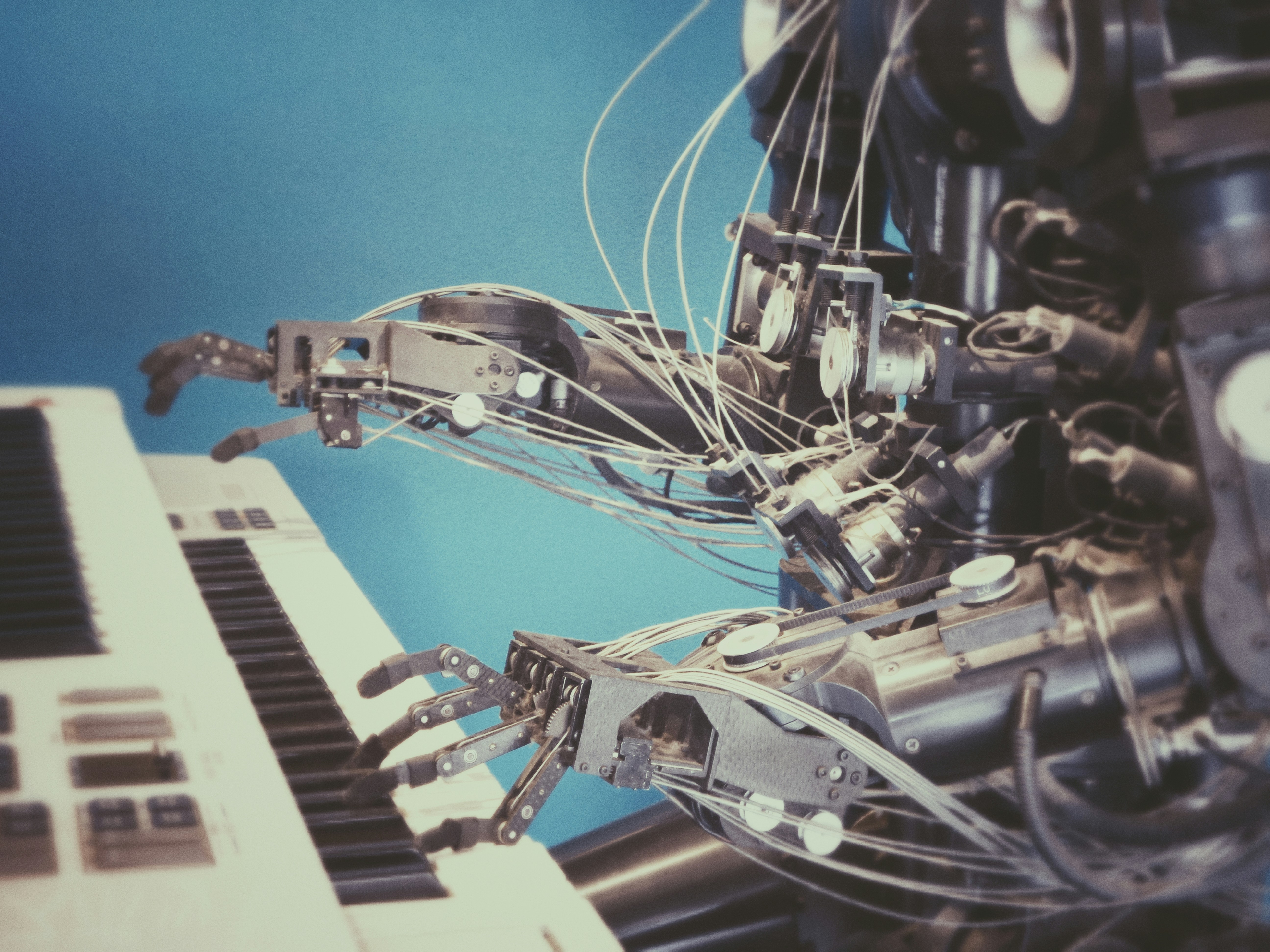Sep 6, 2024
Sep 6, 2024
Sep 6, 2024
Insight
Insight
Insight
The Future of Video Editing: How AI is Transforming Creativity


The video editing landscape is rapidly evolving, and at the forefront of this change is artificial intelligence (AI). Gone are the days when video creation was a time-consuming process reserved only for experts with advanced editing software. Today, AI is transforming the way we approach video production, making it faster, more efficient, and accessible to creators of all levels. In this article, we’ll explore how AI is shaping the future of video editing, the benefits it offers, and how tools like Lucis are leading the revolution.
1. Automating Tedious Tasks
One of the biggest advantages AI brings to video editing is the automation of repetitive tasks. In traditional video production, tasks like cutting clips, syncing audio, applying filters, or adjusting lighting can take hours. AI technology drastically reduces this time by learning patterns and performing these actions automatically. For example, Lucis’s AI-powered auto-editing feature can detect scenes, make intelligent cuts, and apply transitions in a fraction of the time it would take a human editor.
This not only speeds up the process but also ensures a consistent level of quality throughout the video. By automating these tedious tasks, creators can focus on what matters most—the creative aspects of storytelling.
2. Enhancing Creativity with AI Assistance
AI is not just about automating the technical side of video editing. It’s also a powerful tool for enhancing creativity. AI-driven platforms like Lucis offer features that help creators generate new ideas and content with minimal effort. For example, with Lucis’s AI video generation, users can input a script or idea, and the AI will automatically create a fully-produced video complete with visuals, music, and voiceovers.
This technology opens up new possibilities for creators by allowing them to visualize their ideas instantly, experiment with different formats, and explore creative angles that they might not have thought of otherwise. The AI acts as a creative partner, assisting in the process while still giving users full control over the final product.
3. Personalization at Scale
Another major benefit of AI is its ability to personalize content at scale. With the rise of platforms like YouTube, Instagram, and TikTok, video content is being consumed at unprecedented rates. To stand out, creators need to produce content that is not only high-quality but also tailored to specific audiences.
AI helps make this possible by analyzing data and recommending personalized edits. For instance, Lucis uses AI to suggest optimal video lengths, color tones, and audio tracks based on the platform you’re publishing to. This level of personalization ensures that your content resonates with the audience, regardless of the platform or format.
Moreover, AI can analyze viewer engagement and feedback to suggest real-time improvements, giving creators valuable insights to optimize their content for maximum impact.
4. Democratizing Video Production
AI is not only a game-changer for professionals but also for aspiring creators and beginners. In the past, creating professional-quality videos required expensive software and years of technical training. AI is breaking down these barriers by simplifying the video creation process and making it accessible to everyone.
Lucis’s intuitive platform, for example, offers pre-designed templates, automated edits, and an easy-to-navigate interface that allows even novice users to produce stunning videos with little to no prior experience. By democratizing video production, AI is empowering a new generation of creators who might have otherwise been held back by technical limitations.
5. Accelerating the Future of Video Content
AI’s impact on video editing is only just beginning. As technology continues to advance, we can expect AI to play an even bigger role in shaping the future of content creation. In the near future, AI could enable real-time video editing, where videos are shot and edited simultaneously, drastically reducing production time. Additionally, advancements in natural language processing could allow for more seamless integration of voiceovers, translations, and subtitles, catering to global audiences.
As AI-driven tools like Lucis continue to evolve, creators will have more power than ever to bring their ideas to life. The boundaries between amateur and professional video production are blurring, and AI is leading the charge in making creativity more accessible, dynamic, and efficient.
Final Thoughts
The future of video editing is undeniably tied to AI. From automating tedious tasks to enhancing creativity, AI is transforming the way we approach video production. Tools like Lucis are empowering creators to work smarter, faster, and more creatively, allowing them to focus on what they do best—telling compelling stories.
As AI technology continues to develop, we’re excited to see how it will further revolutionize video editing, opening new possibilities for creators across the globe. Whether you’re a seasoned pro or just starting out, AI-powered platforms like Lucis are here to support your journey, helping you bring your vision to life with ease and efficiency.

The video editing landscape is rapidly evolving, and at the forefront of this change is artificial intelligence (AI). Gone are the days when video creation was a time-consuming process reserved only for experts with advanced editing software. Today, AI is transforming the way we approach video production, making it faster, more efficient, and accessible to creators of all levels. In this article, we’ll explore how AI is shaping the future of video editing, the benefits it offers, and how tools like Lucis are leading the revolution.
1. Automating Tedious Tasks
One of the biggest advantages AI brings to video editing is the automation of repetitive tasks. In traditional video production, tasks like cutting clips, syncing audio, applying filters, or adjusting lighting can take hours. AI technology drastically reduces this time by learning patterns and performing these actions automatically. For example, Lucis’s AI-powered auto-editing feature can detect scenes, make intelligent cuts, and apply transitions in a fraction of the time it would take a human editor.
This not only speeds up the process but also ensures a consistent level of quality throughout the video. By automating these tedious tasks, creators can focus on what matters most—the creative aspects of storytelling.
2. Enhancing Creativity with AI Assistance
AI is not just about automating the technical side of video editing. It’s also a powerful tool for enhancing creativity. AI-driven platforms like Lucis offer features that help creators generate new ideas and content with minimal effort. For example, with Lucis’s AI video generation, users can input a script or idea, and the AI will automatically create a fully-produced video complete with visuals, music, and voiceovers.
This technology opens up new possibilities for creators by allowing them to visualize their ideas instantly, experiment with different formats, and explore creative angles that they might not have thought of otherwise. The AI acts as a creative partner, assisting in the process while still giving users full control over the final product.
3. Personalization at Scale
Another major benefit of AI is its ability to personalize content at scale. With the rise of platforms like YouTube, Instagram, and TikTok, video content is being consumed at unprecedented rates. To stand out, creators need to produce content that is not only high-quality but also tailored to specific audiences.
AI helps make this possible by analyzing data and recommending personalized edits. For instance, Lucis uses AI to suggest optimal video lengths, color tones, and audio tracks based on the platform you’re publishing to. This level of personalization ensures that your content resonates with the audience, regardless of the platform or format.
Moreover, AI can analyze viewer engagement and feedback to suggest real-time improvements, giving creators valuable insights to optimize their content for maximum impact.
4. Democratizing Video Production
AI is not only a game-changer for professionals but also for aspiring creators and beginners. In the past, creating professional-quality videos required expensive software and years of technical training. AI is breaking down these barriers by simplifying the video creation process and making it accessible to everyone.
Lucis’s intuitive platform, for example, offers pre-designed templates, automated edits, and an easy-to-navigate interface that allows even novice users to produce stunning videos with little to no prior experience. By democratizing video production, AI is empowering a new generation of creators who might have otherwise been held back by technical limitations.
5. Accelerating the Future of Video Content
AI’s impact on video editing is only just beginning. As technology continues to advance, we can expect AI to play an even bigger role in shaping the future of content creation. In the near future, AI could enable real-time video editing, where videos are shot and edited simultaneously, drastically reducing production time. Additionally, advancements in natural language processing could allow for more seamless integration of voiceovers, translations, and subtitles, catering to global audiences.
As AI-driven tools like Lucis continue to evolve, creators will have more power than ever to bring their ideas to life. The boundaries between amateur and professional video production are blurring, and AI is leading the charge in making creativity more accessible, dynamic, and efficient.
Final Thoughts
The future of video editing is undeniably tied to AI. From automating tedious tasks to enhancing creativity, AI is transforming the way we approach video production. Tools like Lucis are empowering creators to work smarter, faster, and more creatively, allowing them to focus on what they do best—telling compelling stories.
As AI technology continues to develop, we’re excited to see how it will further revolutionize video editing, opening new possibilities for creators across the globe. Whether you’re a seasoned pro or just starting out, AI-powered platforms like Lucis are here to support your journey, helping you bring your vision to life with ease and efficiency.
Newsletter
Newsletter
Subscribe to our newsletter to get tips, tutorials, industry insights.
Newsletter
Subscribe to our newsletter to get tips, tutorials, industry insights.
Blog
Blog
Blog


